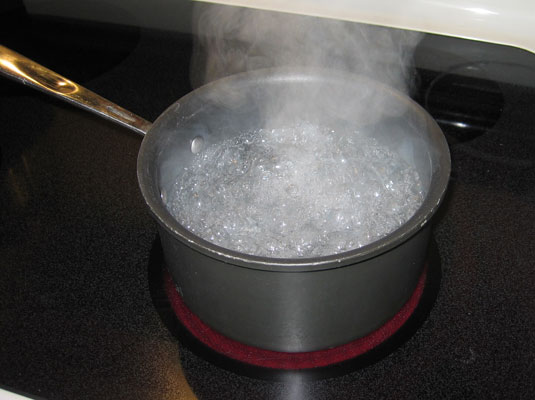Extreme disappointment is what many First Nations communities under boil-water advisories will feel after the federal government announced it would not be able to meet its self-imposed deadline of March 2021 to provide clean drinking water on all reserves, said Conservative critic for Indigenous Services Gary Vidal.
At least 22 long-term boil water advisories will remain in place, after March.
It was five-years ago that Prime Minister Justin Trudeau made the promise.
“In my opinion, it’s on him and the government that they haven’t met that commitment and whether they should have or shouldn’t have. What it’s led to is a is a lost trust, and a huge disappointment for the community that we’re expecting this issue to be resolved,” said Vidal, who is the MP for northern Saskatchewan.
Indigenous Services Minister Marc Miller said while there are many reasons for not meeting their deadline, the responsibility for the broken promise lies with him.
“I want to state as clearly as possible that I bear the responsibility for this. I have the responsibility and duty to get this done,” Miller said Wednesday.
“First Nations have good reason to be disappointed by the federal government’s announcement that after more than five years in office, it will miss its own target to provide safe drinking water to all Indigenous communities across Canada. While there has been significant progress in recent years, it clearly is not enough,” said Assembly of First Nations National Chief Perry Bellegarde. “I remain hopeful it will be followed up with concerted efforts in the coming months to fix the drinking water situation across Canada once and for all.”
The Ministry attributed the delay to many factors including the COVID-19 pandemic, which has hampered on-site training, the supply chain and traveling to reserves. As well, the complexity of some of the projects and infrastructure overhauls in some communities were also cited.
“I don’t believe it’s solely the reason that they haven’t met this commitment,” said Vidal “I think there’s a significant failure in the department where the bureaucracy, and the processes they’re using, simply are not working. They’re not willing to look outside of those ingrained go to points so to speak.”
Miller announced an additional $1.5 billion to address long-term boil water advisories on reserves, on top of the already $2.5 billion committed since 2016.
“Now there’s a bunch of money being announced, but there’s no expected outcomes. There are no expected results, and how there’s no expected timelines,” Vidal explained.
